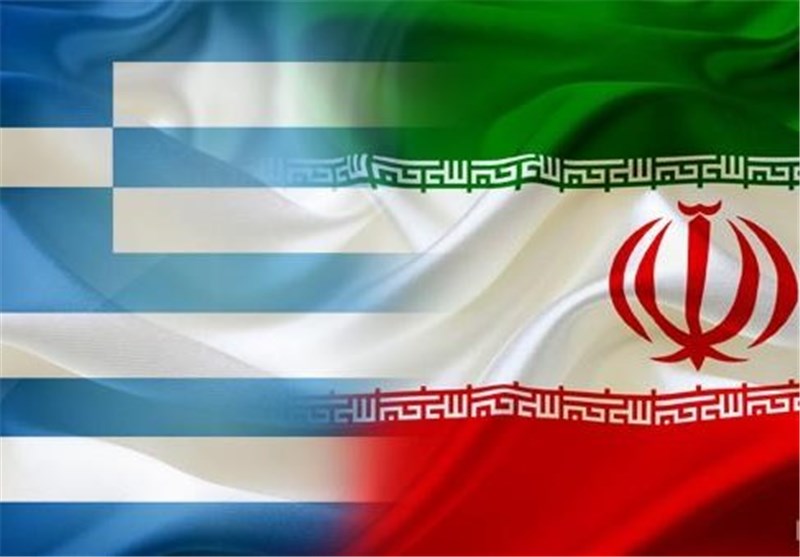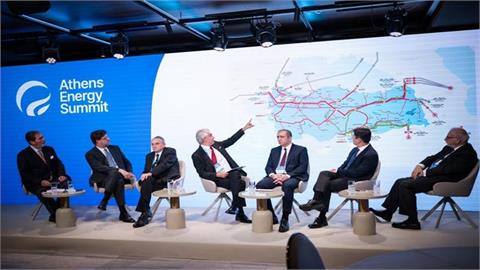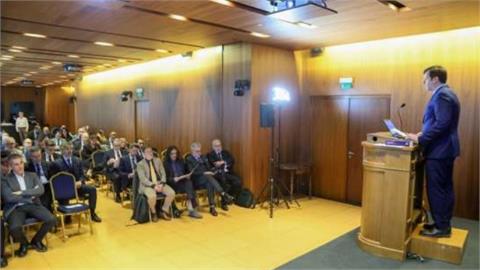As Europe’s energy security situation has come to the fore following Russia’s invasion of Ukraine last year, the role of the Persian Gulf as a major oil and gas supplier to the continent is being reassessed together with the importance of renewable energy sources sources and hydrogen.
As Europe’s energy security situation has come to the fore following Russia’s invasion of Ukraine last year, the role of the Persian Gulf as a major oil and gas supplier to the continent is being reassessed together with the importance of renewable energy sources sources and hydrogen. In this context it was decided to hold a video conference between IPIS and IENE, two organisations with deep knowledge of the broader Middle East- Mediterranean region, in order to discuss the overall energy supply and geo strategic implications arising from the new geopolitical reality.
Although Iran right now is barred from exporting hydrocarbons to Europe as a result of sanctions imposed by the USA back in 2018, the country has formidable technical expertise and huge oil and gas resources which could come into play once sanctions are lifted. With Greece and other countries in SE Europe, notably Turkey, maintaining good economic and trade relations with Tehran the potential role that Iranian energy could play in a post sanctions world were discussed at some length. At the same time the extensive experience of Greece and SE Europe in the areas of renewable energy sources and energy efficiency improvement was examined, and emphasis was placed on how Iran could utilize this expertise in order to make more efficient use of energy and develop further its economy.
In the context of this almost 2 hour video call, which took place on July 31, presentations were contributed by the Executive Director, and current chairman of IENE, Mr. Costis Stambolis and by Mr. Alireza Khodaqolipoor, Deputy Head for Research and Studies of IPIS and Ambassador Morteza Abootalebi, Senior Researcher at IPIS. The video conference was also attended by the Iranian Ambassador in Athens, HE Mr. Malek Hossein Givzad and by the Commercial Attaché Mr. Ehsan Bakhshandeh. Also, from IENE’s side the video conference was attended by Mr.Christos Dhimas, Deputy Chairman and chair of the Geoplolitics Committee of the Institute, and by Mr. Costas Theofylactos, Secretary General and chair of the Energy Efficiency Committee of IENE.
The above video conference was conducted in a most amicable environment with a lively discussion ensuing following the opening statements and presentations by the above. Several ideas for cooperation were put on the table with energy efficiency and renewables emerging as common areas of interest. As a collorary of this unique online meeting one could say that there exists today a good potential for cooperation between Iranian and Greek experts on a number of key issues of the current energy agenda.




